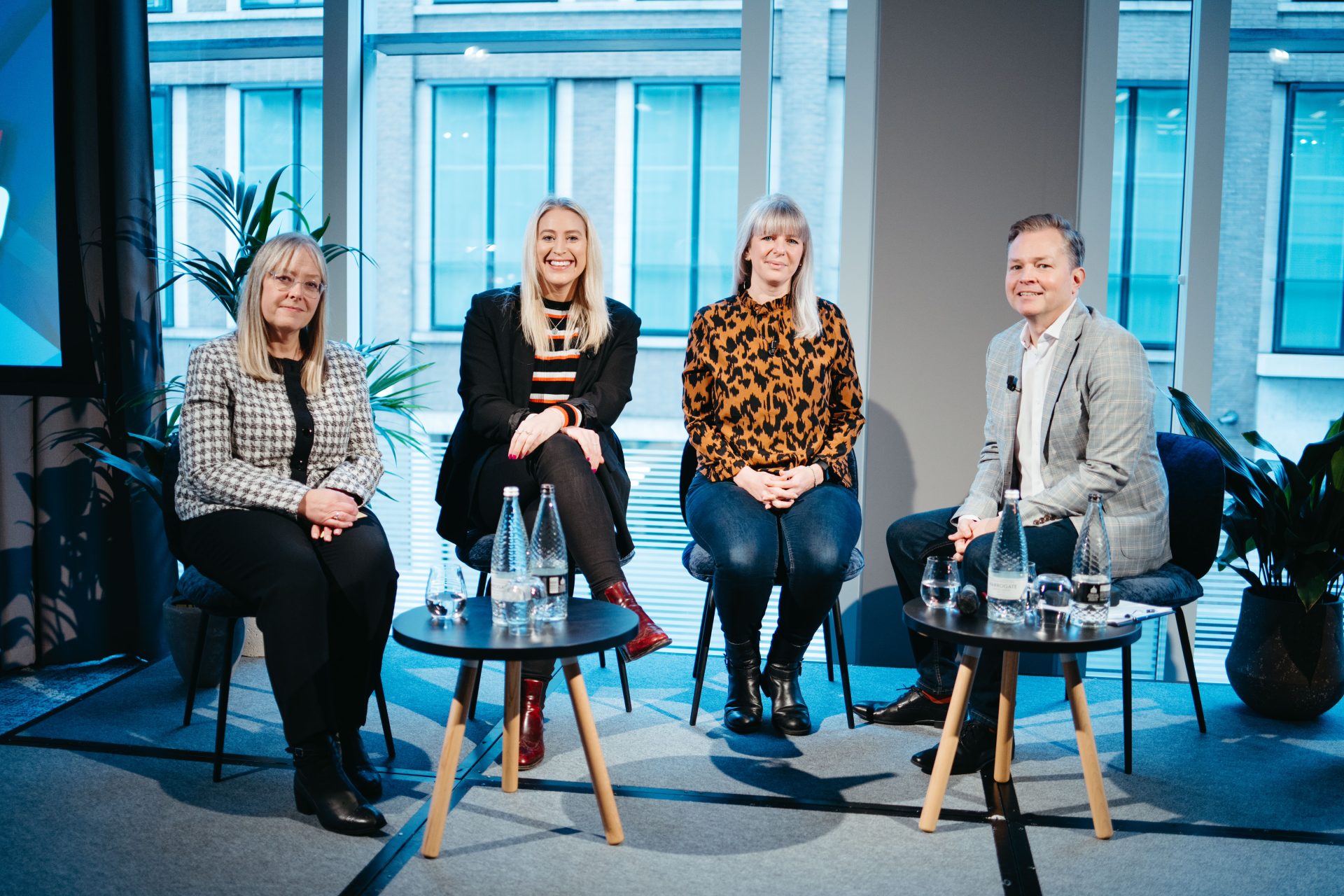At this year’s micebook EXPO, event agency leaders came together to discuss the shifting dynamics of workplace culture in the events sector.
The panel, titled “Transforming Workplace Culture in the Events Industry,” explored the challenges of balancing employee well-being, flexible work models, generational differences, and maintaining strong company culture in a high-pressure industry.
Moderated by Andrew Walker, the discussion featured insights from Helen Carmichael, Senior Account Development Director, BCD Meetings & Events; Evie Bowyer, Director, Touch LifeSciences; and Kirsty Tod, Head of Client Engagement: Events, Reed & Mackay.
Here are the key takeaways from the session…
Culture Must Be More Than a Buzzword
Many companies promote workplace culture in PR-friendly statements, but the reality doesn’t always match up. Evie Bowyer made it clear that real culture isn’t about words—it’s about lived experiences.
“Culture isn’t about writing values on walls or LinkedIn posts. It’s about making people feel something, believe in the ambition of the company, and show up as their best selves. That’s where the magic happens.”
She emphasised that organisations should move beyond superficial perks like pizza Fridays and pool tables and focus on psychological safety, inclusivity, and true engagement.
“We spend so much time at work, more than with our families in many cases. The least we can do is create an environment where people actually want to be.”
One-Size-Fits-All Doesn’t Work Anymore
With five generations now coexisting in the workforce—ranging from Gen Z to seasoned professionals approaching retirement—there is no longer a single approach that fits everyone.
“We are operating in a multigenerational workforce for the first time ever. People are retiring later, young professionals are entering the industry with different expectations, and we can’t apply the same work model to everyone,” said Bowyer.
She urged companies to ditch the copycat culture of simply replicating what others are doing and instead design workplace strategies tailored to their specific teams.
Key considerations:
*Some employees thrive on remote flexibility, while others prefer structured office environments.
*Younger generations seek rapid career progression, while senior employees often want stability.
*Different personality types (introverts vs. extroverts) require different engagement strategies.
“It’s about recognising individual strengths and placing people where they’ll thrive—rather than expecting every employee to fit a rigid mold.”
Communication and Trust Are Key to Retention
With hybrid and remote work models now the norm, many companies struggle to build a strong culture when employees are scattered across locations.
Kirsty Tod shared how Reed & Mackay initially faced resistance when implementing flexibility: “We tried to shoehorn our event managers into the same rigid structure as our business travel consultants, and it didn’t work. The roles are different, and the work-life balance expectations are different. We had to stop, listen, and adapt.”
Regular pulse surveys, open forums, and honest conversations helped bridge the gap. The result? A more engaged workforce and better alignment between departments.
“You can’t force people into a system that doesn’t work for them. You have to be willing to adjust, communicate openly, and be transparent about the challenges.”
The Rise of “Boomerang Employees”—And Why They Return
A fascinating trend discussed was the rise of “boomerang employees”—workers who leave a company only to return after experiencing different cultures elsewhere.
Helen Carmichael explained: “We see people leave, try other agencies, and then come back because they realise the culture at BCD M&E was actually something special. The flexibility, the team support, the leadership—it keeps drawing people back.”
This underscores the importance of long-term culture-building. Employees may leave for better salaries or new opportunities, but they’ll return if the company’s culture and values truly stand out.
“When you create an environment where people feel heard, respected, and supported, they remember that—even if they leave for a while.”
The Hybrid Work Challenge: Balancing Flexibility and Collaboration
Post-pandemic, many employees expect flexible work policies, but maintaining collaboration and culture in remote teams remains a major hurdle.
Carmichael shared how BCD uses a structured buddy system to ensure remote employees feel connected: “When someone joins, they’re paired with a buddy—even if they’re fully remote. It gives them a go-to person for questions, support, and just casual chats. Even six months in, many of these buddy pairs still check in regularly.”
This reduces isolation, enhances engagement, and fosters connection across teams—even for employees who rarely step into an office.
Diversity, Inclusion & Psychological Safety Matter More Than Ever
Beyond generational differences, companies must consider neurodiversity, different learning styles, and the evolving expectations of workplace inclusivity.
Bowyer highlighted the need for psychological safety, where employees feel comfortable expressing opinions, making mistakes, and sharing ideas without fear.
“People can’t thrive in a culture where they feel constantly judged or unsupported. The most successful agencies are those that cultivate a space where employees feel valued—beyond just their job performance.”
She also stressed that leaders must create an “office vibe” that people want to be part of. “If people aren’t excited to come to work, then something’s broken. Culture isn’t about grand gestures—it’s about everyday experiences that make people feel heard, appreciated, and motivated.
“The best companies don’t just talk about culture—they live it. Every single day. If you want to build a company that people stay at—or return to—you have to make culture a priority.”

